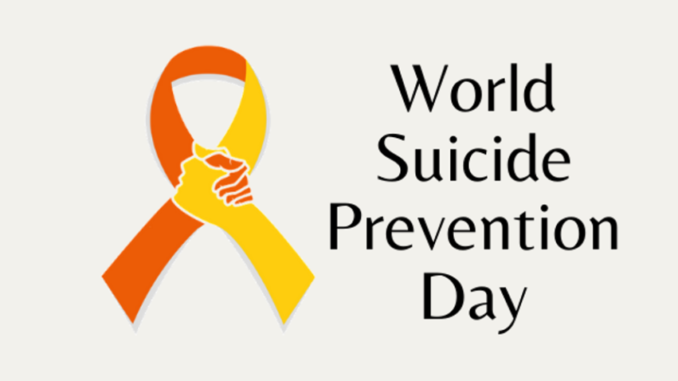
On a recent sunny Wednesday, a 65-year-old blind man, Ewenla Adetomiwa, was rescued from attempting suicide by jumping into the lagoon along the Third Mainland bridge in Lagos. Adetomiwa, who is a father of two, cited the unbearable financial strain on his family as his reason for such drastic action. Tragically, another individual, Mama Dada, succumbed to despair last year, setting herself ablaze over a debt of N70,000, which also destroyed her home in Abeokuta, Ogun State. Similarly, Oluwaseun Shorinola, a 32-year-old man, took his own life in Abeokuta due to economic hardships.
These incidents underscore the importance of September 10, recognized globally as World Suicide Prevention Day (WSPD). This day is organized by the International Association for Suicide Prevention (IASP) in collaboration with the World Health Organization (WHO). The theme for 2024-2026 is “Changing the Narrative on Suicide,” with a call to action to “Start the Conversation.”
Global and Local Statistics
Suicide, a dire response to life’s overwhelming challenges, is a global issue. The WHO reports that over 720,000 people die by suicide annually, which equates to one person every 40 seconds. In Africa, Nigeria ranks 13th in suicide mortality rates, with a notable difference between genders: males at 9.9 per 100,000 and females at 9.2 per 100,000.
Lack of Support Systems
Counseling psychologist Mrs. Damilola Onebamhoin, known as Coach D, attributes many suicidal thoughts to a lack of support systems. She emphasizes that suicidal tendencies are often the result of prolonged emotional struggles rather than sudden decisions. She advises individuals to surround themselves with supportive people who care and avoid placing undue expectations on them.
The Cycle of Suicide
Onebamhoin describes the cycle involving suicide, depression, isolation, and mental health issues. Economic difficulties can contribute, but she points out that isolation, which leads to depressive thoughts, is a significant factor. Many individuals turn to alcohol and drug abuse as a means to cope, exacerbating their mental health struggles.
Societal Pressures
Coach D also highlights the impact of societal pressures, such as expectations regarding age, marriage, and career achievements. These pressures can lead to what she terms a “mid-life crisis,” where individuals feel inadequate if they haven’t met societal norms by a certain age. This can contribute to feelings of depression and suicidal ideation.
Call for Government Action
To combat the rising cases of suicide, Coach D urges governments at all levels to establish free counseling services. Such services would provide accessible help for those experiencing suicidal thoughts, regardless of their financial situation. She advocates for the creation of neutral, confidential counseling lines, similar to those in advanced countries, to offer immediate support and foster a culture of empathy and understanding.
In conclusion, addressing the issue of suicide requires a multi-faceted approach involving support systems, societal change, and accessible mental health resources. Starting conversations and breaking down barriers can significantly contribute to preventing such tragedies.